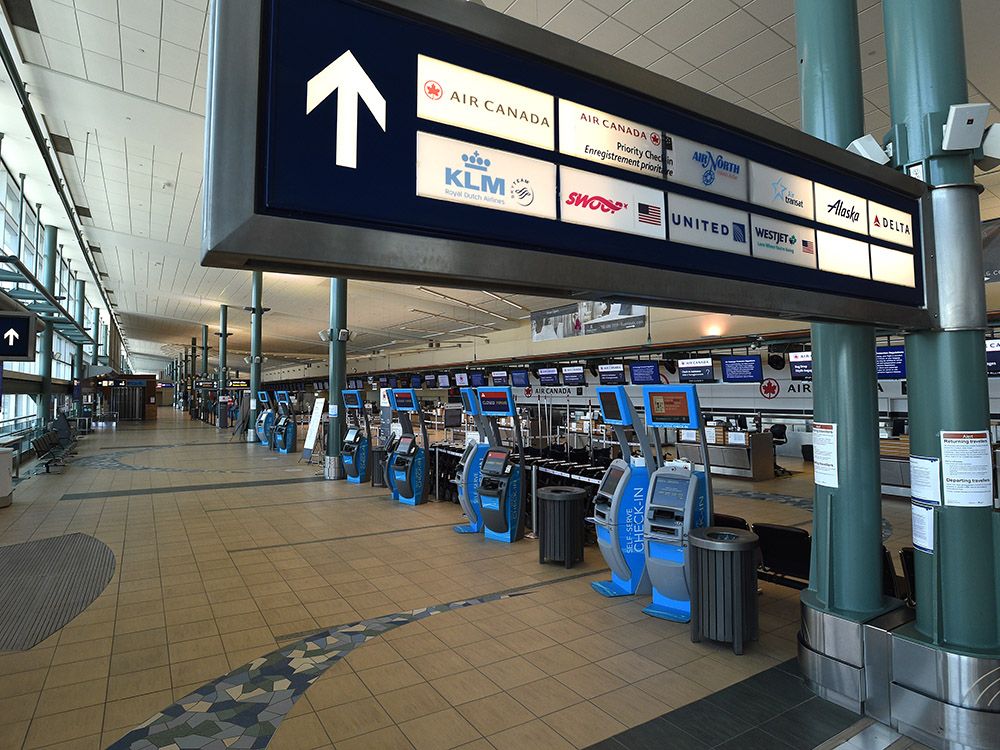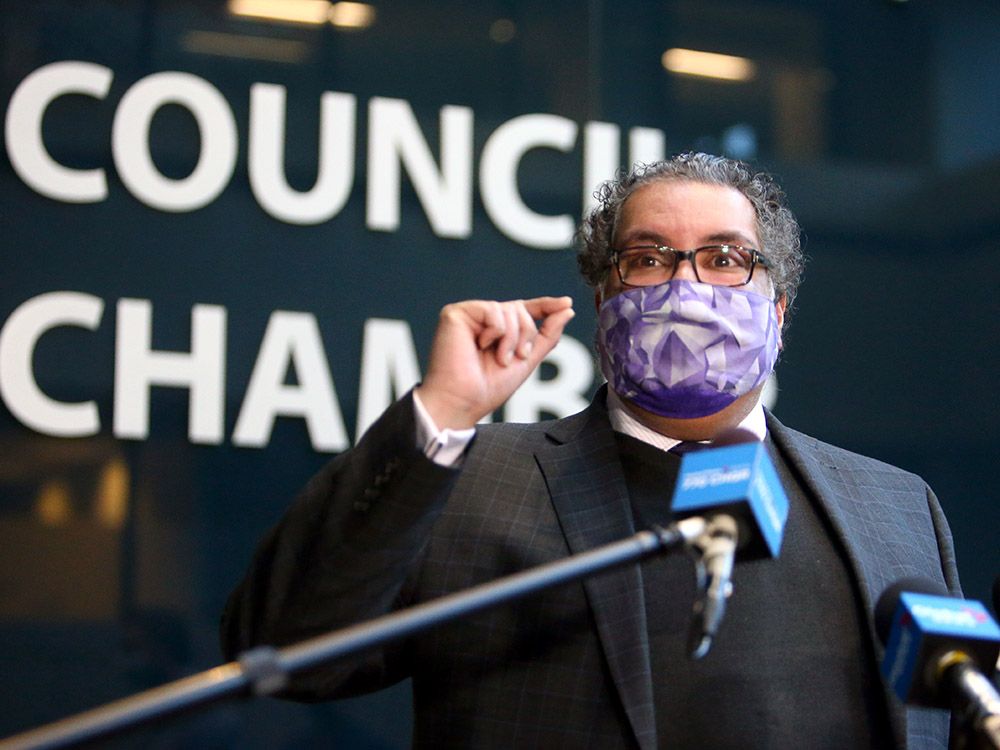The_Cat
Senior Member
Hopefully, Edmonton will at least get some sun destinations back by winter.
This reminds me of the late 1800's. Calgary had gotten the railroad. Edmonton had to come together and fight for its economic survival, but the city's founders made it happen.
After the City finally chalked up some wins, and got the second railroad (CN), Edmonton began to grow and as you all know for most of the 20th century was the largest city in Alberta, surpassing dusty Calgary in terms of culture, power, academia, media, gov't, retail, etc. Calgary got wise in the 1990s and Edmonton got distracted with a lot of internal battles. There's nothing to sharpen the mind like a little competition! Edmonton better keep pushing forward, and ramp up its economic development activities.
Railroads have been replaced by airlines... and right now its similar to when Edmonton didn't have the railroad.
I think we need a $100m flight fund, not just a $20m one. In addition to a large corporate relocation fund. There's easy pickings here - Calgary has done a lot of the legwork bringing foreign offices to Alberta - opening a second office in Edmonton is a natural step to take advantage of talent. I encourage companies to check this out... I don't think anyone would be disappointed.

Likely an unpopular take, but corporate welfare to lure companies to Edmonton doesn't work. When the money is gone, so are the companies. Just look at that giant office building on the southside built for Dell Computers that was quickly vacated when the gravy ended.We might have to start a GoFundme for this because I doubt the city will step up with a flight and corporate relocation fund and I guarantee the province will not, given most of their resources are allocated to propping up Calgary instead.

It's not about whether it's an unpopular take, it's more about if it's accurate. Yes, Dell did not work out. Thst doesn't necessarily mean a fund is not something to reconsider.
Case in point - Calgary's Opportunity Investment Fund (OCIF).
OCIF, a $100 million initiative launched by the City of Calgary in April 2018, makes milestone driven grants to select organizations based on achieving employment and other metrics. It supports investments that spur growth and create jobs in strategic sectors in the economic strategy Calgary in the New Economy.
To date, almost $43 million has been allocated to 15 projects that have led to investment commitments of nearly $640 million
Calgary Coun. Jeff Davison is running for mayor there and speaks highly of its success.
It's had a 15:1 return on investment and 1,900 jobs. $640m in investment for $43m - not bad at all.
View attachment 328461

No argument with providing top-notch infrastructure, encouraging incubator facilities and common sense reductions in barriers to operating a business. What I don't like is cash handouts to 'lure' companies to Edmonton. The Government is terrible at picking winners and losers and should instead focus on creating a business-friendly environment.Very much agree with this. The big scary term "corporate handouts" doesnt begin to scratch the surface of the smart investments the city could undergo. While the GoFundMe was intended as a joke, I dont think anyone is encouraging giving a bag of money to a company to come to Edmonton. However, the city can make smart investments, similar to Calgary's OCIF, or in infrastructures/resources to get companies to come to Edmonton. What could that involve? Committing to providing companies in a specific business park with 5G infrastructure, working with companies to cover a % of employees wages if they are hired from a specific university program, or partnering with the U of A to give a new company to Edmonton access to a certain technology that can be co-developed. These are just ideas that incentivize companies and are certainly far from "corporate handouts", whatever that means. And if anyone would like to see further how this works, look up how Austin, a very similar city to Edmonton in terms of demographic make up, size, and competitive profile (blue collar, government, university town) has been incentivizing companies to come to town. Or just research how Calgary and Nenshi are doing it:

'A long courtship': It took four years to land tech giant Infosys, says Nenshi
Nenshi said that Calgary pursued Infosys over a period of four years through a series of phone calls, meetings, and trade missions to Silicon Valley and India in or…calgaryherald.com
Edit: I am very much a strong proponent of doing something like this and have enthusiastically voiced my opinion on this topic throughout various threads. I don't believe the city does this enough and is not aggressive/strategic enough with establishing incentives, funds, partnerships/relationships to pursue economic growth and compete on a large scale - and unfortunately to its own detriment as well.
I don't disagree with what you and others are saying here, but I don't think saying bureaucracies are simple/easy to run is a slam dunk. They are complex organizations and there are a lot of moving pieces internal to public organizations as well as external interests that put pressure on municipalities, the province, and the feds. Juggling competing interests and pleasing multiple interest groups is difficult. If it were not rocket science, I imagine much of what you listed would be done tomorrow as those are not bad things to strive for when you look at each one on its own. The pandemic has slashed budgets across all three levels of government and that means tough choices have to be made between many of the things you listed. Do you maintain social services? Increase transit service/access? Basic infrastructure? Build more infrastructure? The pot of money isn't unlimited and from a macro perspective, Edmonton and Alberta were already in a tough place pre-pandemic and that tough place is now exacerbated by contracting economies. While economists project growth by next year, I think all levels of government are rightfully taking a cautious approach.No argument with providing top-notch infrastructure, encouraging incubator facilities and common sense reductions in barriers to operating a business. What I don't like is cash handouts to 'lure' companies to Edmonton. The Government is terrible at picking winners and losers and should instead focus on creating a business-friendly environment.
It is not a coincidence that most of the top business cities also offer amazing amenities, things to go, restaurants, etc. If I ran Edmonton, rather than trying to pay companies to move here I would instead work on keeping the downtown scrupulously clean, improve general maintenance and landscaping, relentlessly pursue a housing-first strategy for people experiencing homelessness, expand high-quality transit as fast as possible, new parks, more bike lanes, fewer municipal fees on festivals and neighbourhood events, more urban renewal projects. It isn't rocket science.
No surprise here. People are itching to travel and sun destinations are going to be a hot ticket in the winter. I have friends that are already booking flights with the ease in restrictions.From JakeLRS on SSP
--
Swoop announces 2 more sun routes from Edmonton for the Winter.
- San Diego (For real this time?) 3x weekly (Tue,Thu,Sun
- Orlando/Sanford (NOT MCO) 2x weekly (Mon,Fri)
Fair. Maybe instead of "it's not rocket science" I should have wrote "don't over complicate things"? No question the City needs to do more work; the problem is deciding what to do. In my opinion, a focus on livability is the better direction than chasing private companies with public dollars.I don't disagree with what you and others are saying here, but I don't think saying bureaucracies are simple/easy to run is a slam dunk. They are complex organizations and there are a lot of moving pieces internal to public organizations as well as external interests that put pressure on municipalities, the province, and the feds. Juggling competing interests and pleasing multiple interest groups is difficult. If it were not rocket science, I imagine much of what you listed would be done tomorrow as those are not bad things to strive for when you look at each one on its own. The pandemic has slashed budgets across all three levels of government and that means tough choices have to be made between many of the things you listed. Do you maintain social services? Increase transit service/access? Basic infrastructure? Build more infrastructure? The pot of money isn't unlimited and from a macro perspective, Edmonton and Alberta were already in a tough place pre-pandemic and that tough place is now exacerbated by contracting economies. While economists project growth by next year, I think all levels of government are rightfully taking a cautious approach.
TL;DR, I would argue that managing these large organizations and all the nuts and bolts, IS unfortunately, rocket science.
No surprise here. People are itching to travel and sun destinations are going to be a hot ticket in the winter. I have friends that are already booking flights with the ease in restrictions.
Fair. Maybe instead of "it's not rocket science" I should have wrote "don't over complicate things"? No question the City needs to do more work; the problem is deciding what to do. In my opinion, a focus on livability is the better direction than chasing private companies with public dollars.




